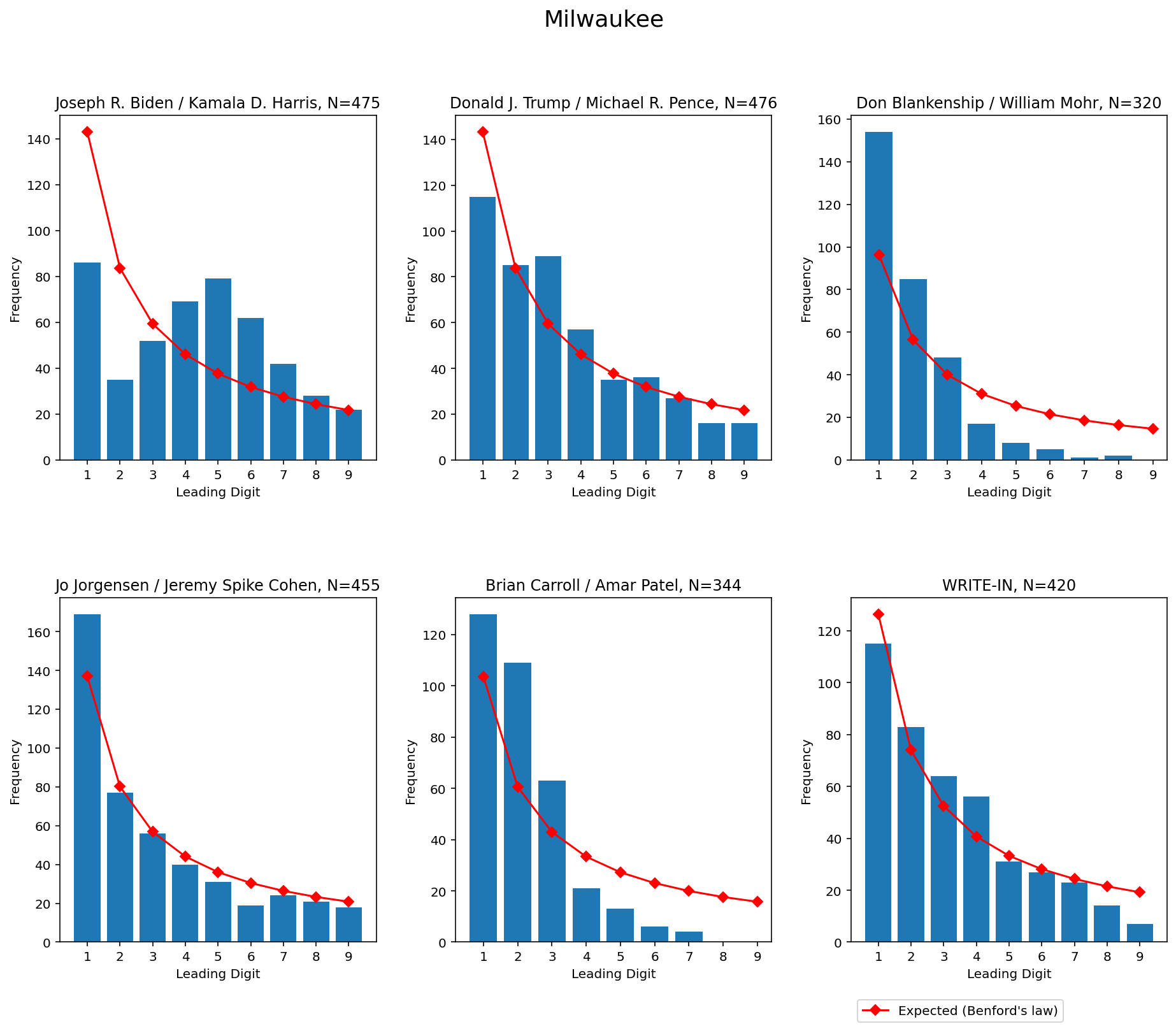Let’s take a break from election results to look at an election result: Oregon decriminalized hard drugs:
Oregon became the first state to decriminalize small amounts of cocaine, heroin, methamphetamine and other drugs on Election Day, according to New York Times’ Thomas Fuller. In South Dakota, Montana, Arizona and New Jersey, voters chose to legalize recreational marijuana. Mississippi also adopted an initiative to create a medical marijuana program for patients with debilitating conditions.
These Election Day results effectively mean cannabis is now legal across a broad swatch of western states, from Arizona to Montana.
Due to Oregon measure 110, the possession of small amounts of harder drugs like heroin and cocaine will now amount to a violation, similar to a traffic ticket. It is no longer punishable by jail time. The Oregon measure passed by 60 percent of the vote and serves to help treat people with addictions rather than giving them jail time.
“This is the most significant reform in our nation’s failed drug policies in a generation,” The Executive Director of Drug Policy Alliance Kassandra Frederique told Washington Post’s Jaclyn Peiser. “It’s particularly significant because most people don’t realize that drug possession is the number one arrest in the country.”
Reasons this is a good thing:
However, decriminalization is only a halfway measure that doesn’t break up illegal drug cartels, doesn’t prevent minors from getting hooked, and does nothing to prevent junkies from continuing to commit property crimes to continue feeding their habit. Legalization and regulation of the drug trade are the far more promising avenues to reducing crime and drug abuse that simple decriminalization. There are myriad possible ways to test different carrot-and-stick measures (like legalized drug use licenses…but only for the employed; welfare recipients need not apply) to see which works best.
I fully believe that drug prohibition should be ended at the federal level because it’s not an enumerated power of the federal government. Let each state decide its own approach to narcotics and look at the resulting data to see what policy mixture works best.



